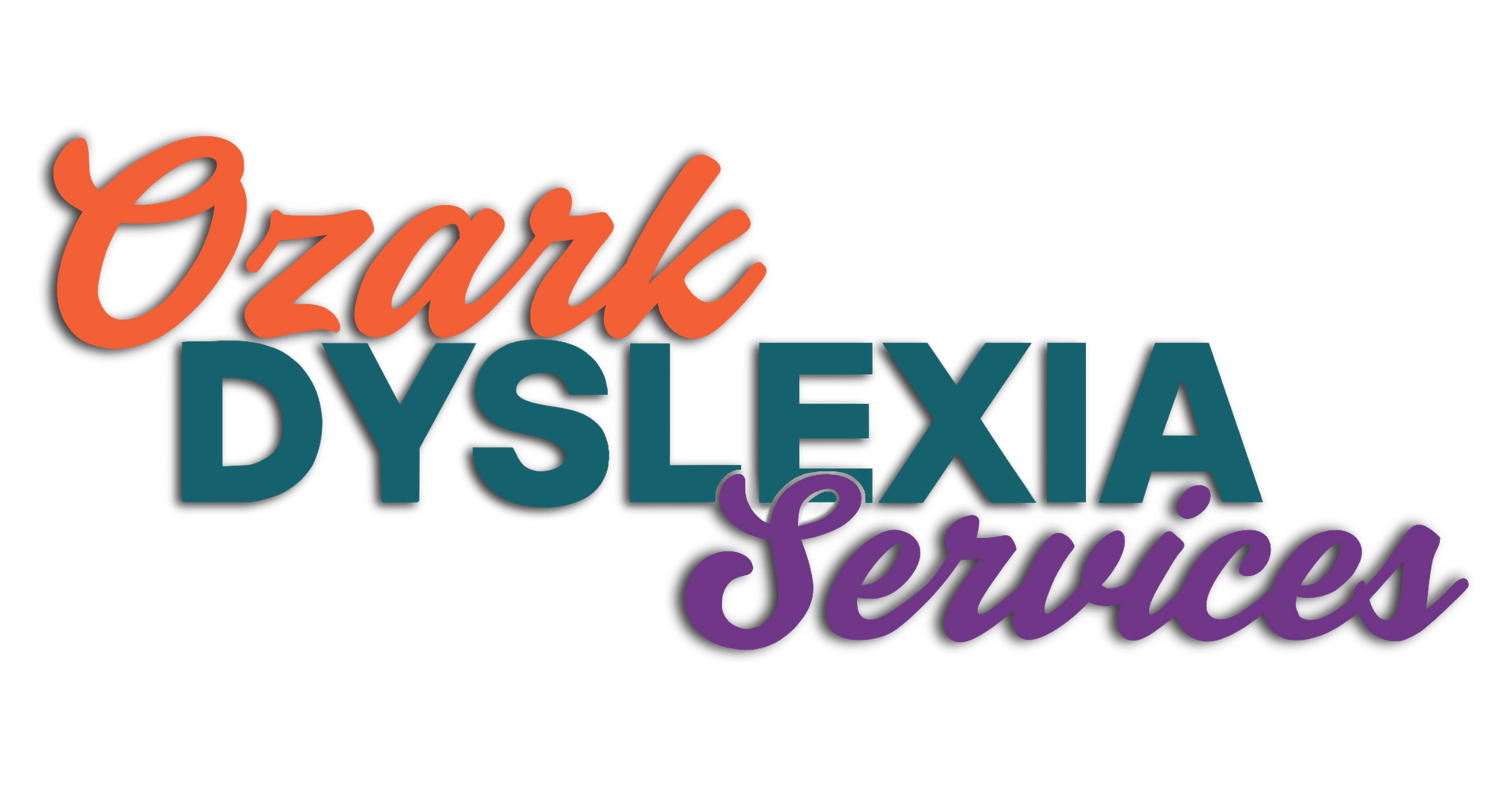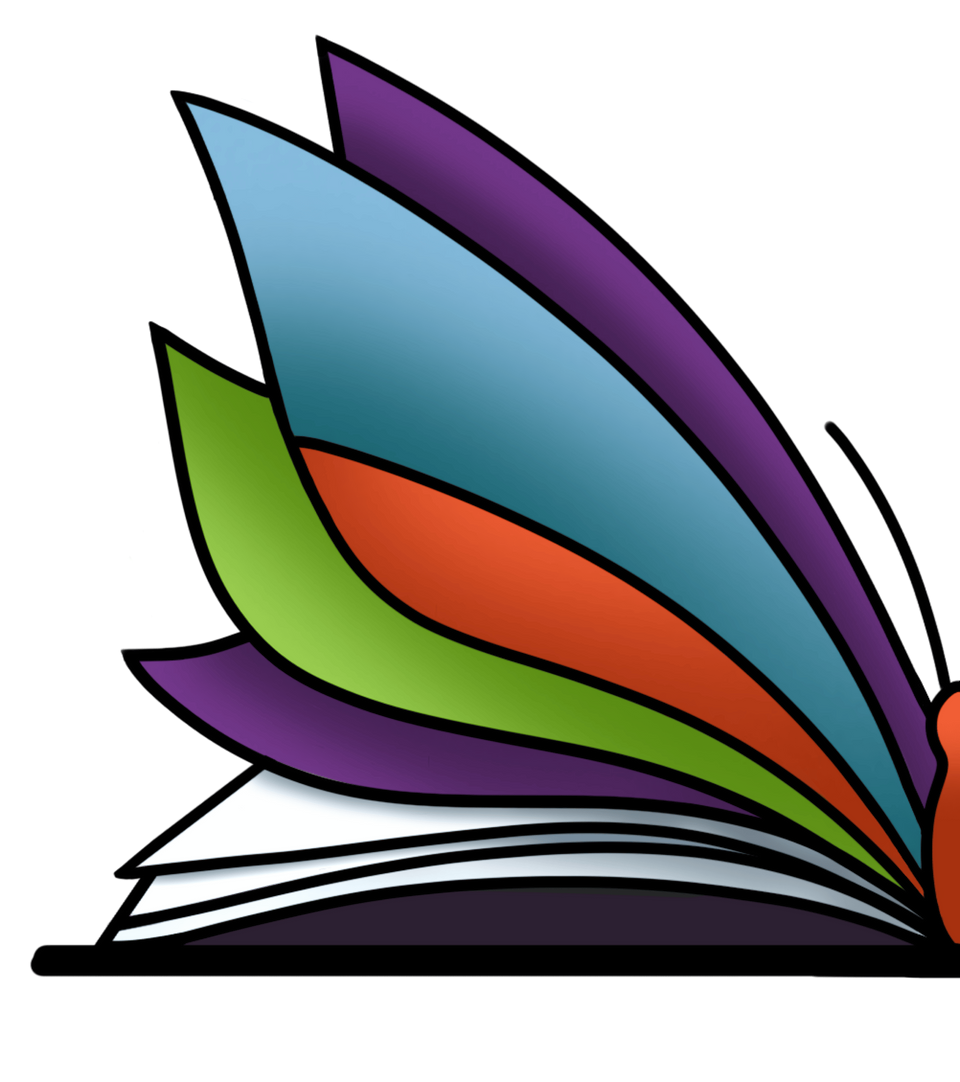Unlock Your Child's Reading Potential: Understanding and Supporting Dyslexia
Dyslexia, a common learning difference, affects how individuals process language, primarily impacting reading, writing, and spelling. It's not a reflection of intelligence, but rather a unique way the brain is wired. In Northwest Arkansas, as in communities everywhere, understanding dyslexia and providing effective support is crucial for empowering individuals to reach their full potential.
What is Dyslexia?
At its core, dyslexia is a neurological condition that makes it challenging to connect letters to sounds and to recognize words fluently. This can lead to difficulties with:
- Reading: Slow and laborious reading, mispronunciations, and skipping words.
- Spelling: Inconsistent spelling, transposing letters, and difficulty with phonetic rules.
- Writing: Challenges with grammar, organization, and expressing thoughts clearly on paper.
- Phonological Awareness: Difficulty identifying and manipulating the sounds in spoken words.
It's important to remember that dyslexia manifests differently in each individual, and strengths often accompany these challenges, such as strong visual-spatial reasoning, creativity, and problem-solving skills.
Recognizing the Signs
Early identification is key to effective intervention. Some common indicators of dyslexia, which can appear in preschool, elementary, or even later grades, include:
- Difficulty learning the alphabet or rhyming words.
- Trouble connecting letters to their sounds.
- Slow, inaccurate reading.
- Persistent spelling errors.
- Avoiding reading aloud.
- Difficulty with phonics and decoding words.
If you suspect dyslexia, consulting with educators or specialists for a comprehensive evaluation is the best course of action.
Support and Strategies
With the right support, individuals with dyslexia can thrive. Effective strategies often involve a multi-sensory, structured, and explicit approach to language learning. Here are some key areas of support:
- Orton-Gillingham Based Approaches: Programs that are multisensory, structured, and cumulative are highly effective. These methods engage visual, auditory, and kinesthetic pathways to learning.
- Accommodations: Providing extra time for tasks, using audiobooks, speech-to-text software, and graphic organizers can help level the playing field.
- Assistive Technology: Tools like text-to-speech, word prediction, and dictation software can significantly aid reading and writing.
- Emotional Support: Dyslexia can be frustrating, and fostering a supportive environment that builds self-esteem and resilience is paramount. Encourage strengths and celebrate progress.
- Advocacy: Understanding your rights and advocating for appropriate educational services is vital. Connecting with organizations that support dyslexia can provide valuable resources and community.
For families in Northwest Arkansas, local resources and community understanding are invaluable. Whether through school programs, private tutoring, or support groups, a strong local network can make a significant difference in a child's educational journey. Organizations dedicated to dyslexia awareness and support play a crucial role in providing information, training, and a sense of belonging.
By increasing awareness and promoting effective interventions, I can ensure that every individual with dyslexia in Northwest Arkansas has the opportunity to unlock their unique potential and achieve academic and personal success.


